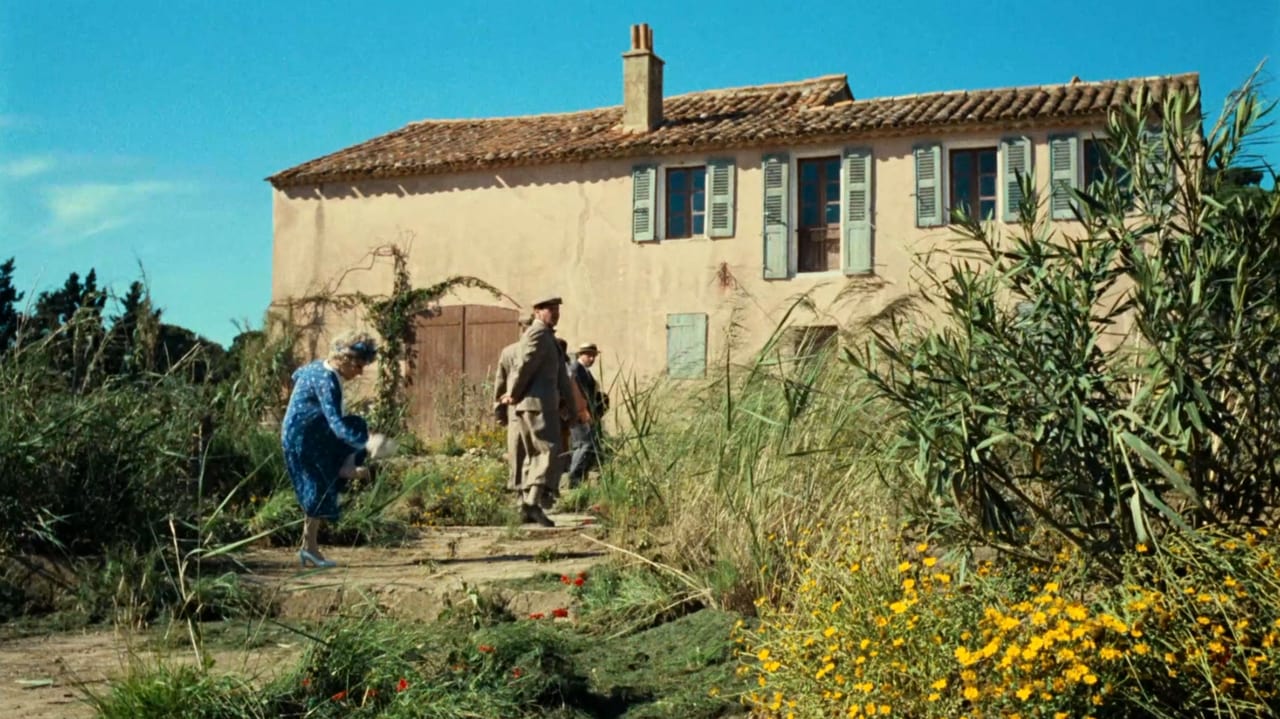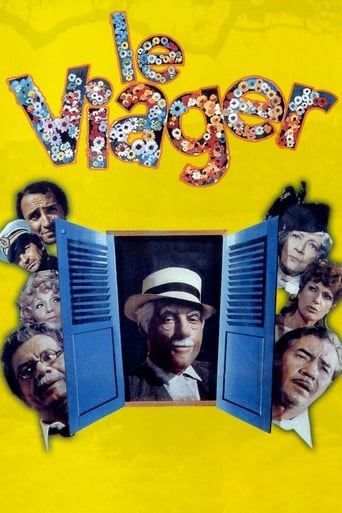InformationRap
This is one of the few movies I've ever seen where the whole audience broke into spontaneous, loud applause a third of the way in.
Hadrina
The movie's neither hopeful in contrived ways, nor hopeless in different contrived ways. Somehow it manages to be wonderful
Keeley Coleman
The thing I enjoyed most about the film is the fact that it doesn't shy away from being a super-sized-cliche;
Delight
Yes, absolutely, there is fun to be had, as well as many, many things to go boom, all amid an atmospheric urban jungle.
zhoulvyylj
I once watched this movie when I was just a child on TV. This was translated by CCTV (China Central Television) to Chinese. I was so impressed because it was just so funny.But today, unfortunately, no matter how I tried, I just cannot find any versions of this movie with Chinese or English subtitles or dub.I sincerely request that if you know any access to watch this with English subtitles or dub, please contact me : 13121636441@163.com. Thank you so much!!
FilmCriticLalitRao
It is said that human minds are full of ideas which do not seem to have any plausible logical interpretation. This is one major reason why it is quite possible that one person's joy can be other person's misery. However, it is equally possible that one cannot live forever merely by wishing misfortune for others. It is on this bizarre yet funny theme that director Pierre Tchernia collaborated with Astérix writer René Goscinny to direct "Le Viager". The film is a true « laugh riot » from the beginning as viewers are likely to have a good laugh even at the manner in which opening credits have been shot. What makes this film a true gem of 'comedy cinema' is its depiction of historical events which are seen through some comical minds. It is interesting to watch how various facets of an average French person's life are shown especially covetous disposition to own a house at all costs. This film's original title "Le Viager" finds its origin in the word "Viage" which in old French means time of life. Hence, this word evokes a state of uncertainty, a risk regarding the duration of life. Le Viager (The life annuity) is a particular mode of sale of movable property. It consists of transforming all or part of the cost of the property in an annual and lifetime annuity (annual regular income for life) for the benefit of the seller. This annuity is usually paid monthly or quarterly (according to agreement between both parties). It is made on the day of the signing of the deed and expires at the time of the death of the seller. It is governed by articles 1968-1983 of the Civil Code.
writers_reign
Something of a one-trick pony this fairly obscure entry comes with an English version yet ironically a cast that is virtually totally unknown outside France, even the lead, Michel Serrault was an unknown quantity at the time. Today the highest profile is that of Gerard Depardieu but again this was prior to his breakthrough role in Les Valseuses and he contributes virtually nothing in a late appearance as one of the contract killers hired in desperation by a family who have spent forty years of frustration waiting for centenarian Serrault to die so that they may inherit his house in St. Tropez. That is, the one-trick. In 1930 Serrault's doctor figures he is on his last legs and persuades his (the doctor's) brother-in-law to offer Serrault an annuity, paying him so much per annum and then, on his death, inheriting his house. Like the man said, the best-laid schemes of mice and men ...
thegreatswan
X-Mas 1930 : a 59 years-old man called Martinet goes to Doctor Galipeau for a complete check-up. The doc is sure that his patient will die in some months maybe a year, so he proposes to the old man and his own brother to begin a annuity contract : every year, the Galipeau's will give to the old-timer a sum of money (based on aluminum rates), and when Martinet will die, his house of Provence (in a small unknown town called St-Tropez) will be theirs... But after nine years, the whole family began to think that enough is enough, and they tried to end the existence of Martinet...Simple but excellent plot : Michel Serrault ( only 44 at this time) gets 25 years older...and more, and he is absolutely perfect as the good naive old man, the family Galipeau is perfectly despicable, mainly the doctor, a great Michel Galabru. His lines are sooo good ! Every year, on X-Mas day, he has lunch with his family, and he talks a lot : Examples : In 1930 : "Galipeau will die within six months...trust me !" In 1932 : "Hitler? Who is Hitler? Nothing but a little house painter ! He will never succeed....trust me !"Remember : that's a comedy ! So, you can watch it and enjoy ! TRUST ME !!!

